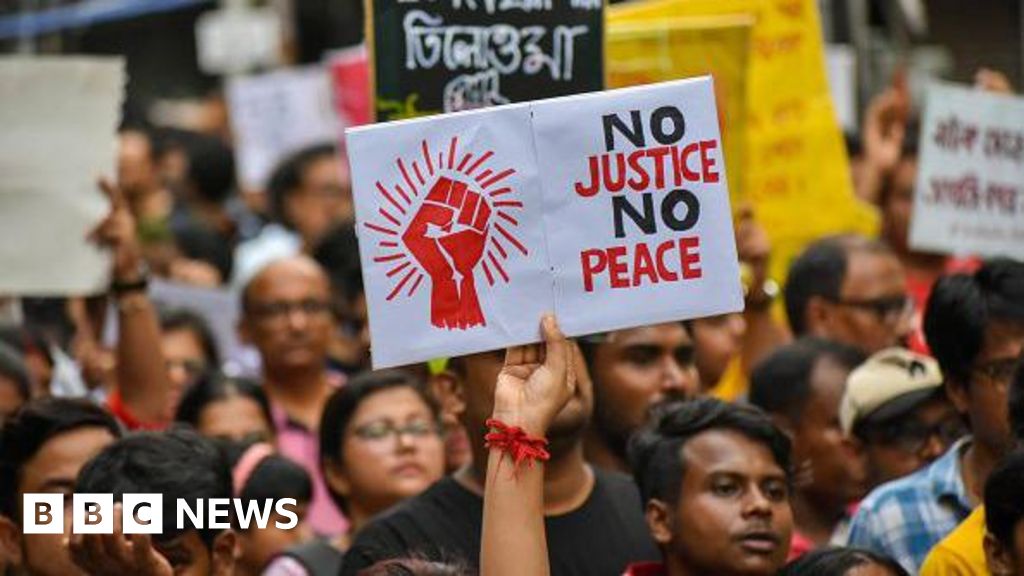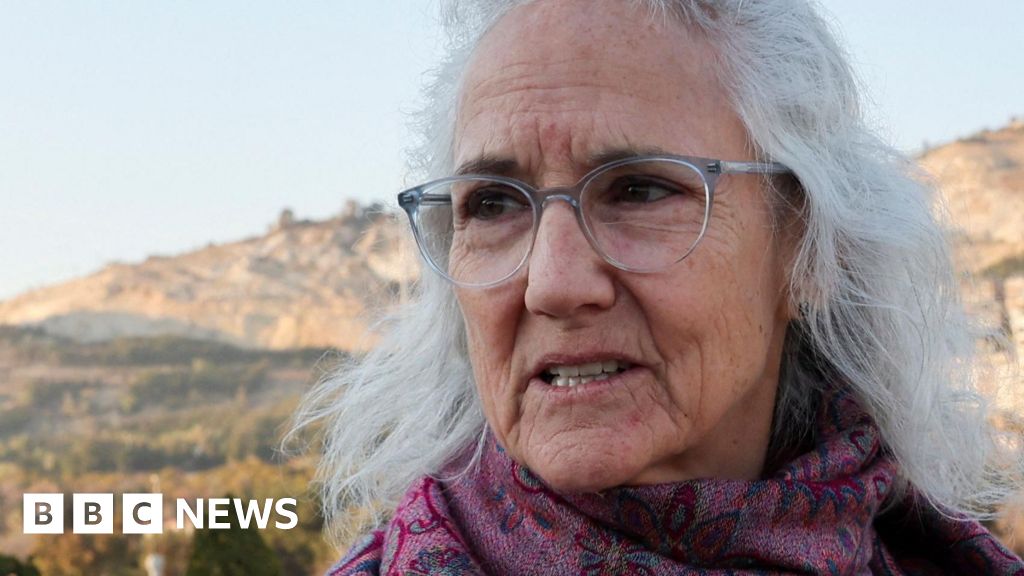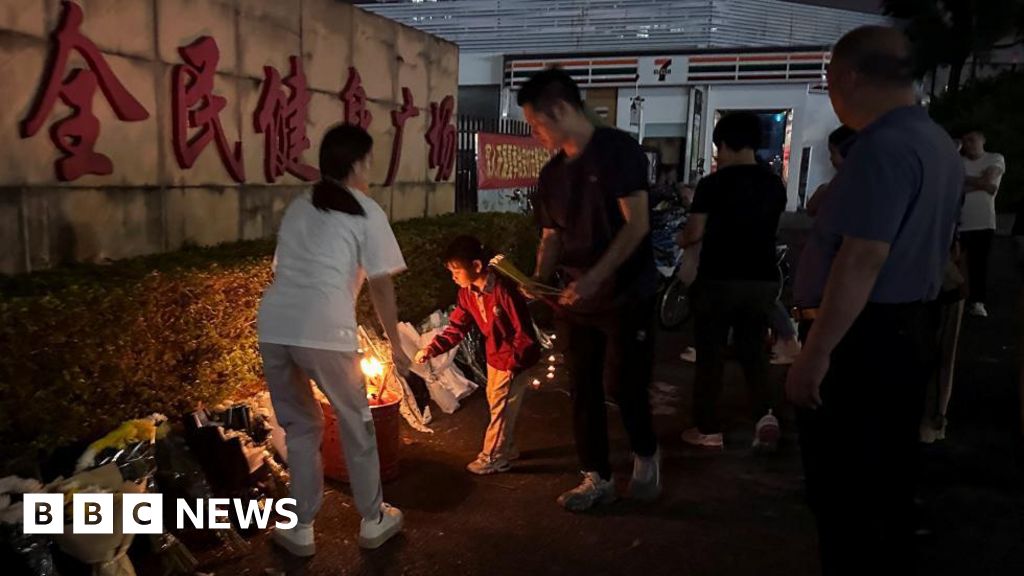ARTICLE AD BOX
European leaders are due to announce their choices for the top jobs at the EU’s helm at a two-day summit in Brussels, with current Commission president Ursula von der Leyen set to be nominated for a second mandate.
The summit is also being attended by Ukraine’s President Volodymyr Zelensky, who thanked EU leaders for opening membership negotiations with his country earlier this week.
Other topics on the agenda include security and defence, with leaders from Poland and the Baltics asking the EU for funds to build a defence line along their border with Russia.
Earlier this week, it transpired that six EU leaders had reached a consensus on the names to put forward - each of them hailing from one of three parties that dominate the European Parliament.
Ms von der Leyen from the centre-right European People's Party (EPP) is tipped for five more years as European Commission President, while former Portuguese prime minister Antonio Costa of the Socialists and Democrats (S&D) could get the position of European Council president.
Kaja Kallas, who belongs to the centrist Renew Europe and is the current Estonian prime minister, could be the EU's foreign policy high representative.
The six EU leaders who negotiated the names also each represent the EPP, S&D or Renew.
They were Greece’s Kyriakos Mitsotakis, Poland’s Donald Tusk for the EPP, Spain’s Pedro Sánchez and Germany’s Olaf Scholz for the socialists, and France’s Emmanuel Macron and the Netherlands’ Mark Rutte for Renew.
Italian Prime Minister Giorgia Meloni, who heads the right-wing European Conservatives and Reformists (ECR) bloc, was notably not included in the talks – despite the fact that the ECR has displaced Renew as the third largest group in the European Parliament following European elections earlier this month.
Addressing the Italian parliament on Wednesday, Ms Meloni angrily said European voters had asked the EU to "take a different path to the one it has travelled on so far".
Without naming names, she criticised "those who argue that citizens are not mature enough to take certain decisions, and [who believe] that oligarchy is essentially the only acceptable form of democracy".
Earlier this week, Hungary’s Viktor Orban also vented his displeasure at other EU leaders.
Writing on X, Mr Orban said that the deal between the EPP, the S&D and the liberals "ran against everything that the EU was based on".
"Instead of inclusion, it sows the seeds of division," Mr Orban said, adding that EU top officials should represent "every member state, not just leftists and liberals!"
On Thursday morning allies of Ms Meloni told reporters in Brussels that she had not yet decided whether she would endorse the new leadership team.
However, even with Mr Orban’s potential backing, Ms Meloni would not have the power to veto the top jobs nominations, as doing so would require bringing a majority of EU leaders on board.
But Ms Meloni has gained a prominent status among European right-wingers, and Ms von der Leyen is unlikely to want to antagonise her at the start of a second mandate.
Ahead of the summit, members of Ms von der Leyen's PPE group struck a conciliatory tone, with Poland’s Prime Minister Donald Tusk telling reporters: "It's not Europe without Italy and there is no decision without PM Meloni, it’s obvious."
It is also thought that Italy will be offered a senior job in the next commission in exchange for an endorsement at today’s summit. Each EU member state gets a commissioner, but some - like the economy or competition portfolios - are the most coveted.
In a letter to EU leaders on the eve of the Brussels summit, Ms von der Leyen also promised to do more to address illegal migration, which is one of Ms Meloni's key concerns.
If she is officially nominated as the EU leaders' candidate of choice for the presidency of the European Commission, Ms von der Leyen will then need to be approved by a majority of Members of the European Parliament at a session likely to take place in mid-July.
Ms von der Leyen will be backed by the 190 members of her EPP group, but she will also need to secure support from other political groups to secure a majority of 361.

 6 months ago
25
6 months ago
25








 English (US) ·
English (US) ·